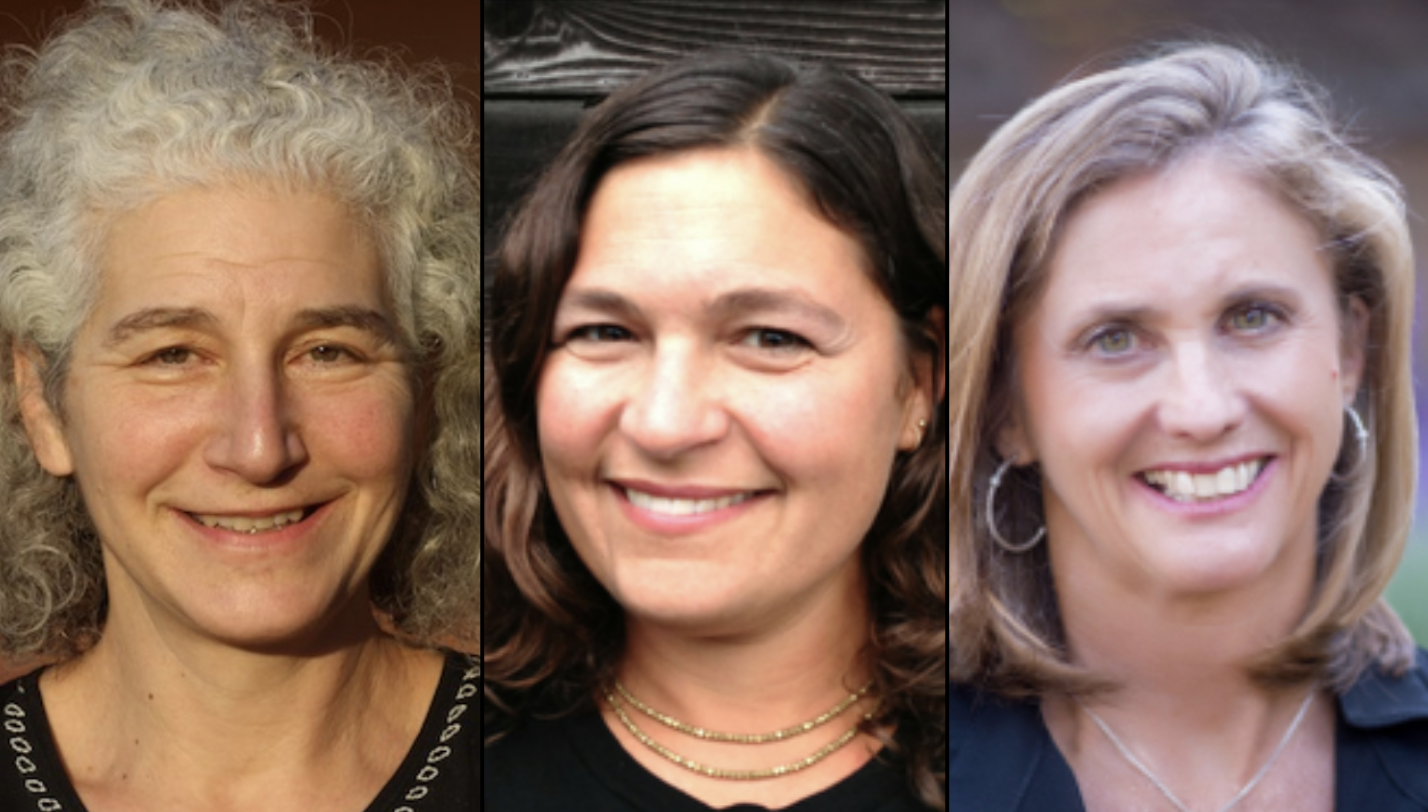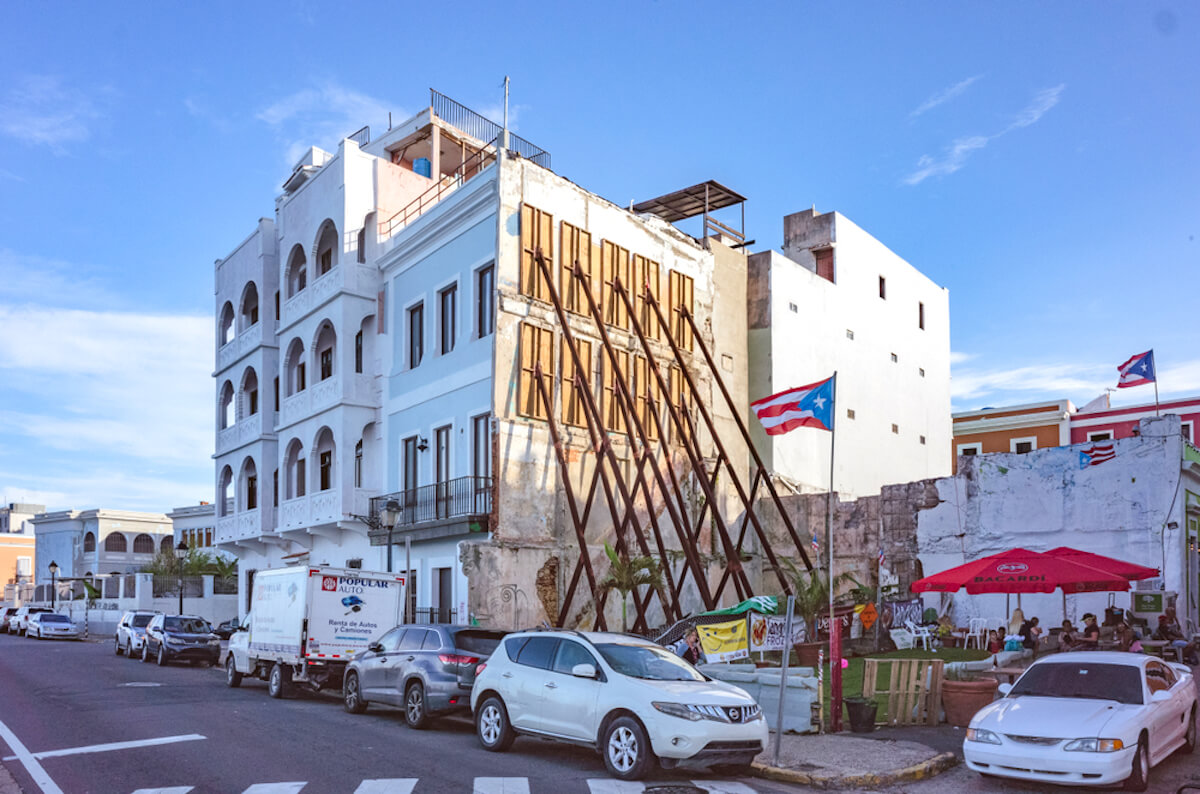I’ve been scribbling a cheat sheet for myself in preparation for tomorrow’s Agent of Impact Call (we’re back!) and thought: Why not give ImpactAlpha readers a sneak peek?
There’s still time to register for The Call, tomorrow, Tuesday, May 25at 10am PT / 1 pm ET / 6pm London.
We previewed the themes in The Brief last week. In reverse order:
- Family office financing for racial equity and justice
- Five ways family offices can unlock capital for regenerative agriculture
- Mobilizing catalytic capital for climate justice
- How some wealthy families are optimizing their portfolios for impact
The call to action, of course, is for more wealthy families to step up to commit capital, and specifically catalytic capital, to solutions across the range of urgent challenges.
The promotions made the simple point, “It’s their money and their priorities.” That’s not to skate the tax question (we’ll ask!). But it’s not to skate the wealth question, either. With partners (see below), we opted to focus The Call on the principals, the owners, the deciders, the wealthy individuals themselves. We are lucky to have three.
Principals and principles
Diane Isenberg, Ceniarth. I enjoyed getting to know Diane a bit around our podcast interview last year. She was recording from the workshop on her 350-acre family sheep farm in rural Wales, where she has lived for 35 years. Isenberg established Ceniarth as a single-family office in 2013 after coming into wealth created by her father, Gene Isenberg, who built a series of companies, including Nabors Industries, one of the world’s largest oil and gas drillers.
Ceniarth has adopted a strategy it calls “impact-first capital preservation,” and is moving, over 10 years, its entire portfolio of approximately $400 million out of “market-rate” impact vehicles and into rural agricultural loan funds in Africa, community development financial institutions in the U.S. and other low-return but high-impact investments. Ceniarth increased its impact-first allocation to $174 million last year, completing 22 impact-first deals totaling $31 million
Isenberg is the rare wealthy individual who is unafraid to call out other wealthy families. If you’re rich, and you get your capital back with perhaps a little extra for inflation and expenses, she says, you’ll still be rich tomorrow. On the podcast, Isenberg proposed a “1/10th Challenge,” calling on other high-net-worth family offices to allocate 10% of their portfolios to impact-first capital preservation opportunities.
“You get higher impact in racial justice, in gender equality, in climate,” she says. “You don’t need to go 100%, all-in with this, as we have, for this to be meaningful. If everybody did a little bit, it would be hugely transformative.”
Regan Pritzker, Kataly Foundation. Regan lives in San Francisco and is part of the extended family of heirs to the Hyatt hotel and other fortunes. She is the daughter of Nicholas and Susan Pritzker and cousins include J.B. Pritzker, the governor of Illinois, and Penny Pritzker, former secretary of commerce. Other relatives populate finance, philanthropy and impact investing.
I confessed to Regan that I needed a guide to her family’s many entities, and she graciously explained: Tao Capital Partners is the family office, which supports multiple family lines. Libra Foundation, the family foundation of Regan’s siblings and parents, is on the path toward 100% mission-alignment “but acknowledge that mission alignment sits along a continuum, depending on asset class.” The affiliated but separate Libra Social Investment Fund is a donor-advised fund advised by Candide Group. The Olamina Fund, for example, is a low-interest loan fund for community development finance institutions and BIPOC-led organizations.
The vision of Kataly Foundation, founded in 2018 but launched by CEO Nwamaka Agbo last year, is broader: “to generate transformation, abundance and regeneration in Black, Indigenous, and other communities of color.” With $445 million in assets (at the end of 2018) and a spend-down strategy, Kataly aims to practice non-extractive finance with an explicit racial-justice lens. An early investment: the East Bay Permanent Real Estate Cooperative, which is reviving a Black cultural corridor in West Oakland. Other “integrated capital support” has gone to the NDN Fund, Akiptan, Seed Commons and the Historic Clayborn Temple in Memphis.
Sheri Sobrato Brisson, Sobrato Philanthropies. The Sobrato family made its fortune in Silicon Valley real estate. Sheri, the daughter of John and Sue Sobrato, is the founder Digging Deep Project, which creates psychosocial tools for kids through “right where kids are: on their devices, playing games,” and the mobile game, Shadow’s Edge, for teens with medical conditions. She is the co-author of Digging Deep: A Journal for Young People Facing Health Challenges, which draws on her personal experience. With her husband, Eric Brisson, she recently endowed a chair at Santa Clara University in child and adolescent mental health.
Catalytic capital
Through their family offices, wealthy families are in a unique position to provide the impact-first and flexible capital needed to make many deals work. Unlike pension funds and asset managers constrained by “fiduciary duty,” wealth families “have the discretionary power to declare impact-first one of their investment tools of choice,” write Bridgespan’s Michael Etzel and Mariah Collins.
“Catalytic capital is key to advancing justice because it is powerfully impact-first and flexible,” says MacArthur Foundation’s Debra Schwartz. “This lets us bridge tough capital gaps and open new points of economic and financial access for entrepreneurs, communities and families that mainstream investors and financial institutions continue to marginalize and leave behind.”
ImpactAlpha is working with the Catalytic Capital Consortium, or C3, a partnership of the MacArthur and Rockefeller foundations and Omidyar Network, to highlight examples and connect practitioners. See all of ImpactAlpha’s catalytic capital coverage.











